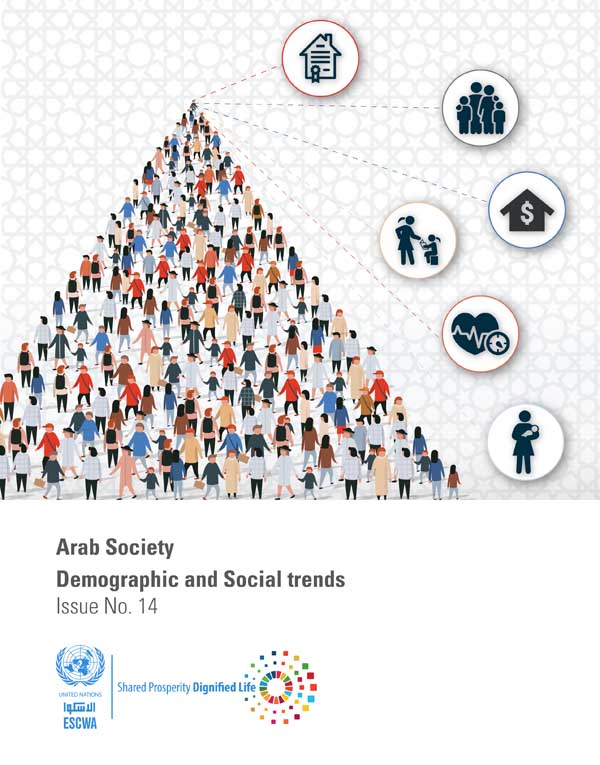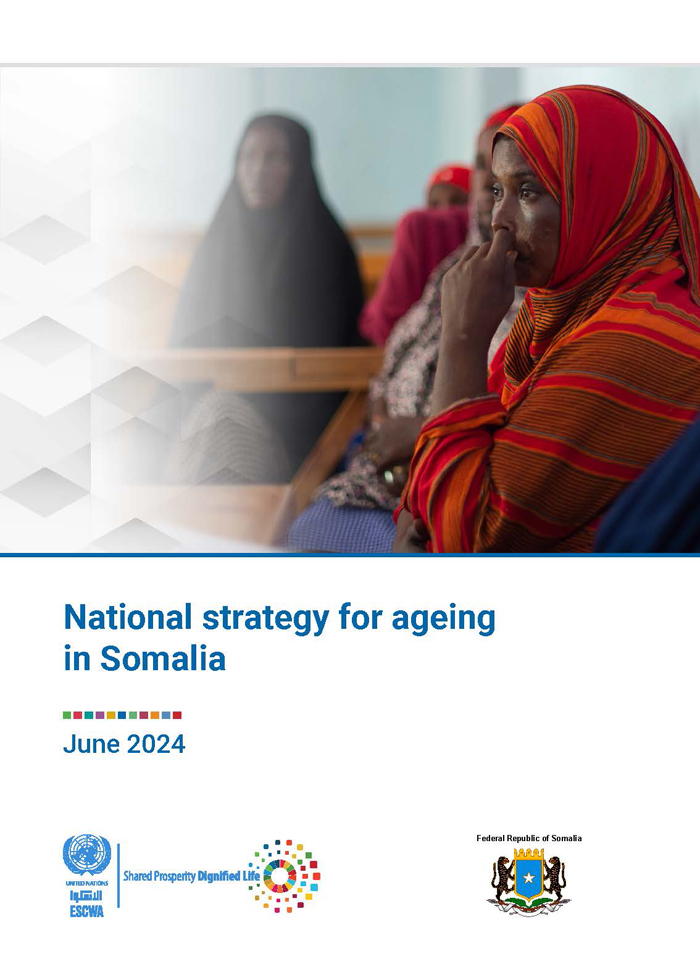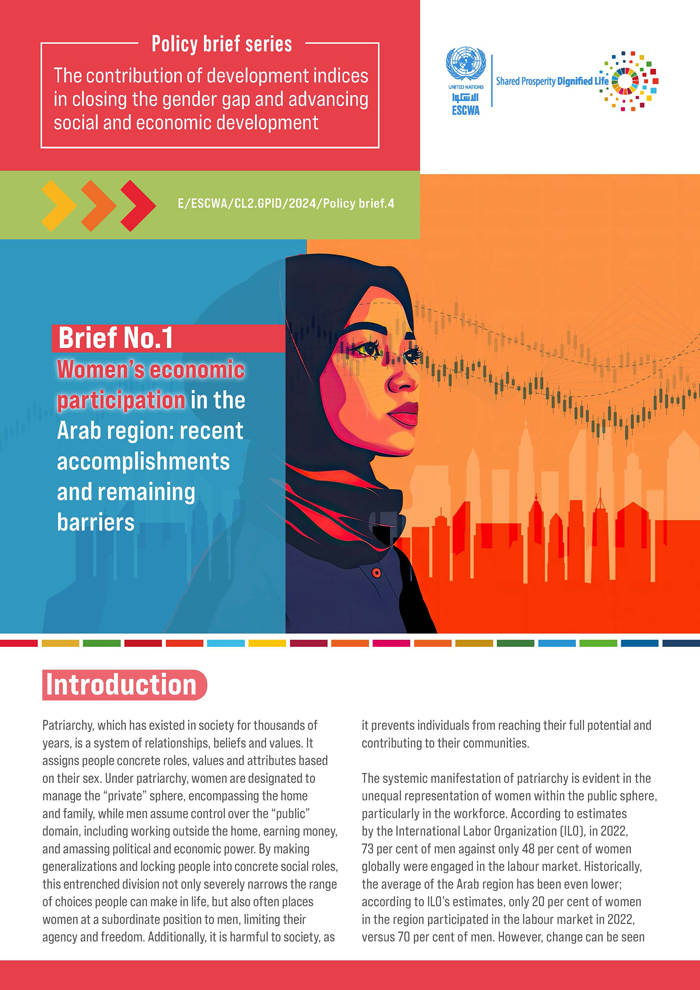
ESCWA Publication: E/ESCWA/SD/2019/5
Country: Arab region
Publication Type: Reports & studies
Cluster: Statistics, Information Society and Technology
Focus Area: Inclusive development, Statistics
Initiatives: Arab information society
SDGs: Agenda 2030
Keywords: Culture, Demography, Education, Employment, Health, Housing conditions, Population, Poverty, Social statistics, Culture, Public expenditures, Demography, Criminal statistics, Cultural statistics, Demographic statistics, Educational statistics, Human settlements, Manpower statistics, Statistical data
Arab Society: Demographic and Social trends, Issue No. 14
January 2020
Arab Society: A Compendium of Demographic and Social Statistics, Issue No. 14 is the latest in a series of biennial compendia of the Statistics Division of the Economic and Social Commission for Western Asia (ESCWA). It presents a broad description of Arab society, focusing on population dynamics, household composition and family formation, housing conditions, health, education, labour, poverty and inequality, culture and social participation.
Data are drawn primarily from National Statistical Offices of ESCWA member countries and supplemented by publicly accessible data from international agencies, such as the United Nations High Commissioner for Refugees, the World Health Organization, the International Labour Organization, the World Bank and the United Nations Education, Scientific and Cultural Organization. Not all available indicators are displayed in the body of this publication. A more exhaustive set of tables can be found on the ESCWA website.
Compendium 2018 Annexes
Related content
Inclusive development
, Statistics
,
Arab Society: A Compendium of Demographic and Social Statistics, Issue No. 14 is the latest in a series of biennial compendia of the Statistics Division of the Economic and Social Commission for Western Asia (ESCWA). It presents a broad description of Arab society, focusing on population dynamics, household composition and family formation, housing conditions, health, education, labour, poverty and inequality, culture and social participation.
Data are drawn primarily from National Statistical Offices of ESCWA member countries and supplemented by publicly accessible data from international agencies, such as the United Nations High Commissioner for Refugees, the World Health Organization, the International Labour Organization, the World Bank and the United Nations Education, Scientific and Cultural Organization. Not all available indicators are displayed in the body of this publication. A more exhaustive set of tables can be found on the ESCWA website.
Compendium 2018 Annexes



